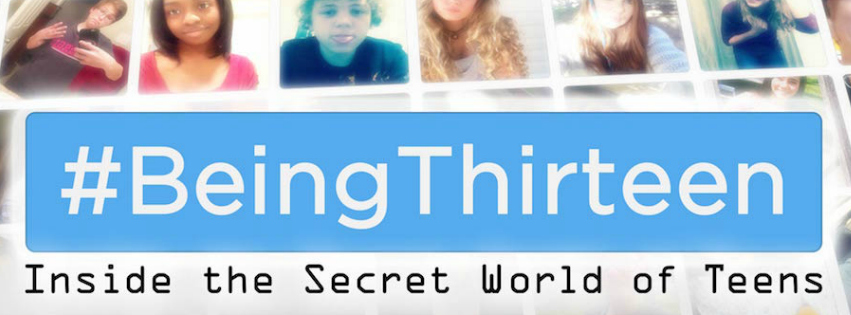
[vc_row][vc_column][vc_column_text]
DANNY MITCHELL
October 21, 2015
One of the challenges of being an adult who works with mid-adolescents (13-18 years old) is age. Each year you grow one year older and become one year further removed from the world which teenagers inhabit. I continue to believe the best way to enter into this world is to ask good questions and listen well when the answers are given.
Listening well to teenagers is a skill that takes some practice. Our default when we listen to someone who is younger than us is to rush to give answers, solutions, or instructions before we have actually listened to and absorbed what they are saying. Believe it or not, teenagers hate when adults do this. In fact, adults hate when it happens to them, but for some reason we find ourselves doing it constantly to teens.
Why is this dynamic so prevalent? I have been playing around with a theory for a couple of years (this is a scientifically unproven theory yet it seems to have some merit). I believe one reason adults talk so much at teens instead of listening first is that we are afraid. We are afraid because we don’t understand the world in which they live. We are afraid because we don’t think the young person likes us. We are afraid because we don’t know the right answers. As result, we start dispensing advice before we have listened, giving answers before we know the issue, or talking about ourselves to show how well we relate in order to cover our own fear.
I mentioned earlier that learning to listen well is a skill that takes practice. Part of that “practice” involves working to become becoming bi-lingual: an adult who is willing to spend time learning about, and interpreting, youth culture. It has been helpful for me to think in terms of becoming a generational missionary. Just as a missionary must understand the cultural context in which they are called to serve, a generational missionary who is called to cross-generational ministry needs to learn the many nuances of the rising generation. That is not to say that we have to do it perfectly. The rapidly evolving youth culture landscape makes it impossible for not only adults, but teens as well, to keep up. However, I am suggesting that we need to be intentional and earnest in our efforts to learn the world of teenagers—not to judge, not to fix, but to learn, so that we can become better listeners. It is only after we have listened well that we should speak.
Case in point: I learned a new work last night. According to an Anderson Cooper special on CNN called #BeingThirteen: Inside the Secret World of Teens, “lurking” is a verb that means being present on social media without posting. I learned several things last night as I watched Cooper’s special, which I believe will help me be a better listener to the teenagers with whom I speak. Because I am about to recommend that you track down the show and watch it, let me give a word of caution. At times, it is hard to watch because it is scary to think about social media’s potential (especially potential for harm) among middle school students. But I was reminded last night that when Jesus looked over the city and saw those who were harassed and helpless, he had compassion. He also saw a field that was white unto the harvest, i.e. an opportunity for the gospel to work. The other thing of which I was painfully aware last night, was that even though I am adult, social media eats up more of my time that it should. Something about a plank in my own eye kept bouncing around in my head.
Let me end with your youth culture homework: Make a point to watch it. If you can’t, check out the short promo video:
[/vc_column_text][/vc_column][/vc_row]

